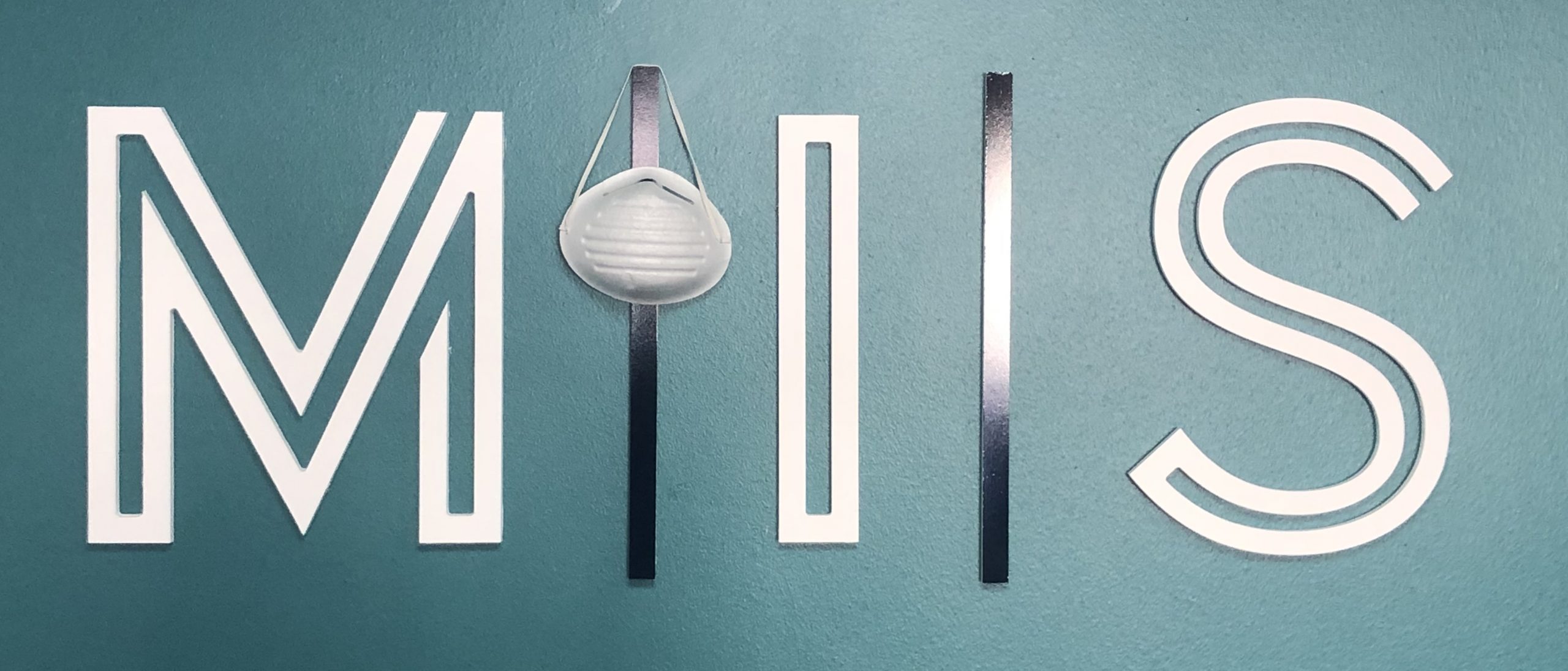Here at MIS, the majority of our staff are now working from home due to COVID-19 in order to allow us to continue to provide essential claims services, breakdown recovery services and to assist our broker partners with renewals and advice.
However, we understand that although being able to work from home is a privilege in these times it can be tough to maintain a healthy work environment and a healthy mind. We have compiled some tips to help see our staff through these times and thought we would share them all with you below.
1) Try and set up a work space for yourself
Whether this be in a study, kitchen or living room we suggest setting up a work space with all things work related that you will need, essentially building your work desk in your home. It is important to try and separate your work space from the places that you will be relaxing in order to create a boundary. If, for example, you set your workspace up in your bedroom, it may be hard for you to switch off at night when you need to relax. It is best to set up where you are least likely to be disturbed or distracted to keep you focused on the task in hand (this is hard especially when the kids are home. We can sympathise). We recommend that you set up somewhere with lots of natural light too. Not only can harsh indoor lighting hurt your eyes and make you feel more tired but natural light can also help keep you feeling motivated, especially when the sun is shining.
2) Clean, clean, clean
The words you are probably sick of hearing by now but we aren’t asking you to go all Mrs Hinch on us. Not only is it essential to wash your hands regularly singing Happy Birthday, Wagon Wheel, or whatever song you prefer (we won’t judge) but you should also ensure you are cleaning any surfaces and equipment including laptops, iPads, mobile phones, folders and any other items that you are touching constantly. Think of your keyboard and mouse to start, even if you are the only one using them.
3) Get dressed
It is all too tempting to stay in your pyjamas when you don’t need to leave the house but in order to keep yourself motivated you should get up, get showered and change into some clothes. These don’t obviously need to be work clothes, comfy clothes are ideal. This way you will feel ready to seize the day! You will also refrain from any embarrassment when your boss unexpectedly video calls. Changing out of your clothes at the end of the day will also help keep your mind in check with the work/relaxation boundary and help in retaining a routine.
4) Take short breaks if you can
Try to take 10 minutes away from your work space every so often in order to give your mind and eyes a break from your computer or laptop. This will help you stay motivated and refrain from getting fed up. Grab a cup of tea and sit in the garden but don’t sit down for too long, you might never get back up!
5) Maintain your regular working hours if possible
If you work from 9-5 (cue Dolly Parton), 5 days a week, try and maintain this whilst working at home. It can be easy to slip away from work when you have lots to do and think you can just continue to work on into the small hours of the morning to get items ticked off your to-do list. Don’t do it! It will end up being an endless cycle and you will exhaust yourself.
6) Look after your mental health
If you are struggling with working from home, chat to your manager or colleagues. Everyone will be in the same boat and we are aware some people can adapt to changes like these better than others. Don’t be afraid to ask for help or tell someone you are struggling. Being at home 24/7 isn’t great for anyone’s mental health. Whilst the government guidelines are still in place, use the benefit of being able to leave the house once a day for exercise. Go for a walk or run but ensure you are practising social distancing measures if there are others out and about with the same idea.
LAST BUT CERTAINLY NOT LEAST… STAY SAFE!
We hope that by following the government guidelines the COVID-19 pandemic can be quashed as soon as possible. We wish everyone good health and urge you to stay safe. Hopefully we can all get through this by working together (but essentially apart). Please adhere to all government guidelines to keep yourself and others safe.
Keep in touch with us (no, not literally touching) through our social media pages and send us some pictures of your workspace or tips of your own for working from home!



